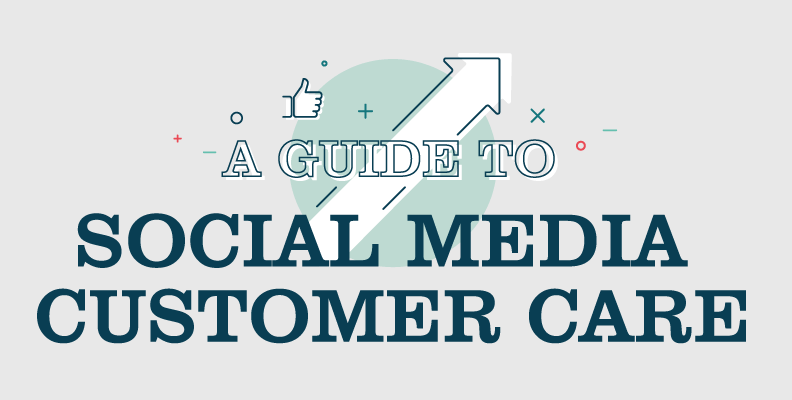Avoid These Common Small Business Cash Flow Mistakes
Getting your business off the ground takes time, patience and a lot of capital to get started; finding and maintaining clients is a whole different story. If you’re not a professional accountant, managing your business’s finances can be a new and overwhelming process.
Low cash flow is one of the biggest challenges for many small business owners, and it’s also one of the most common reasons why a business might fail. That’s why it’s essential to prepare for potential lapses in operating cash, periods of lower sales and unforeseen or unavoidable expenses.
With a little research and a couple options on hand, you’ll be better prepared for the inevitable ebbs and flows of running a small business. Here are five common small business cash flow issues, and tips on how to avoid them.
1. Overspending on Supplies and Space
It may be tempting to source trendy artwork, include high-end amenities and even purchase new hardware and workstations. But brand-new supplies and a larger than necessary footprint come with a hefty price tag.
Instead of shelling out for top-of-the-line furniture, supplies and materials, aim for secondhand or gently used commercial equipment. Look for low-cost office décor, or hold off on perfecting the space if clients don’t visit your location until you have a bit more room in your budget.
2. Carrying Excessive Inventory
Old or excessive goods can be a liability for your business. Inventory that’s not liquid, or easily sold, can create a cash flow issue when you have too much on your shelves. Finding the right balance of inventory that you can actually sell without running out of stock is key.
Tips to Manage Your Inventory:
- Institute a First In, First Out system, using the oldest products first.
- Create a recurring inventory audit schedule. Weekly or daily inventory counts may be necessary depending on your enterprise.
- Frequently review your sales reports and forecasts to determine any possible upcoming jumps or lulls; adjust your order or production accordingly.
- Clearance sales can help you quickly move stock in case you accumulate too much.
- Consider eliminating poorly selling products.
3. Letting Invoices Go Unpaid
If you operate on an invoice-based payment system, late or unpaid bills can seriously stall your operating cash. Switch to upfront payments or request a down payment wherever possible. You can also offer early-pay discounts and incentives if an invoice system is integral to your business model.
Another way to safeguard your finances and cash flow would be to perform business credit checks before working with a potential client or partner; it can show you whether or not a certain establishment has a good payment history.
4. Operating Without Access to Business Credit
Since you’ll likely have a period of time in which your operating expenses exceed your available cash, a business line of credit is an option to help you in times of low cash flow. With quick access to funds and the ability to draw just the amount you need, revolving credit is a solid solution for low cash flow.
5. Extra-Budgetary Spending
Spending beyond your budget, or not following a budget at all, is a fast way to wind up with a low cash flow. While you can’t always plan for unforeseen expenditures, like vital new equipment or training a new employee, it’s a good idea to create annual projected budgets that incorporate different sales volumes and operating expenses.
It’s good practice to periodically review your operating budget and adjust, if necessary, to stay on target. Beyond your main fiscal plan, projected budgets are intended to help prepare your business finances for the unexpected; knowing where you can reduce spending can prepare you to make quick moves in times of low cash flow, lagging sales or an economic shift.






